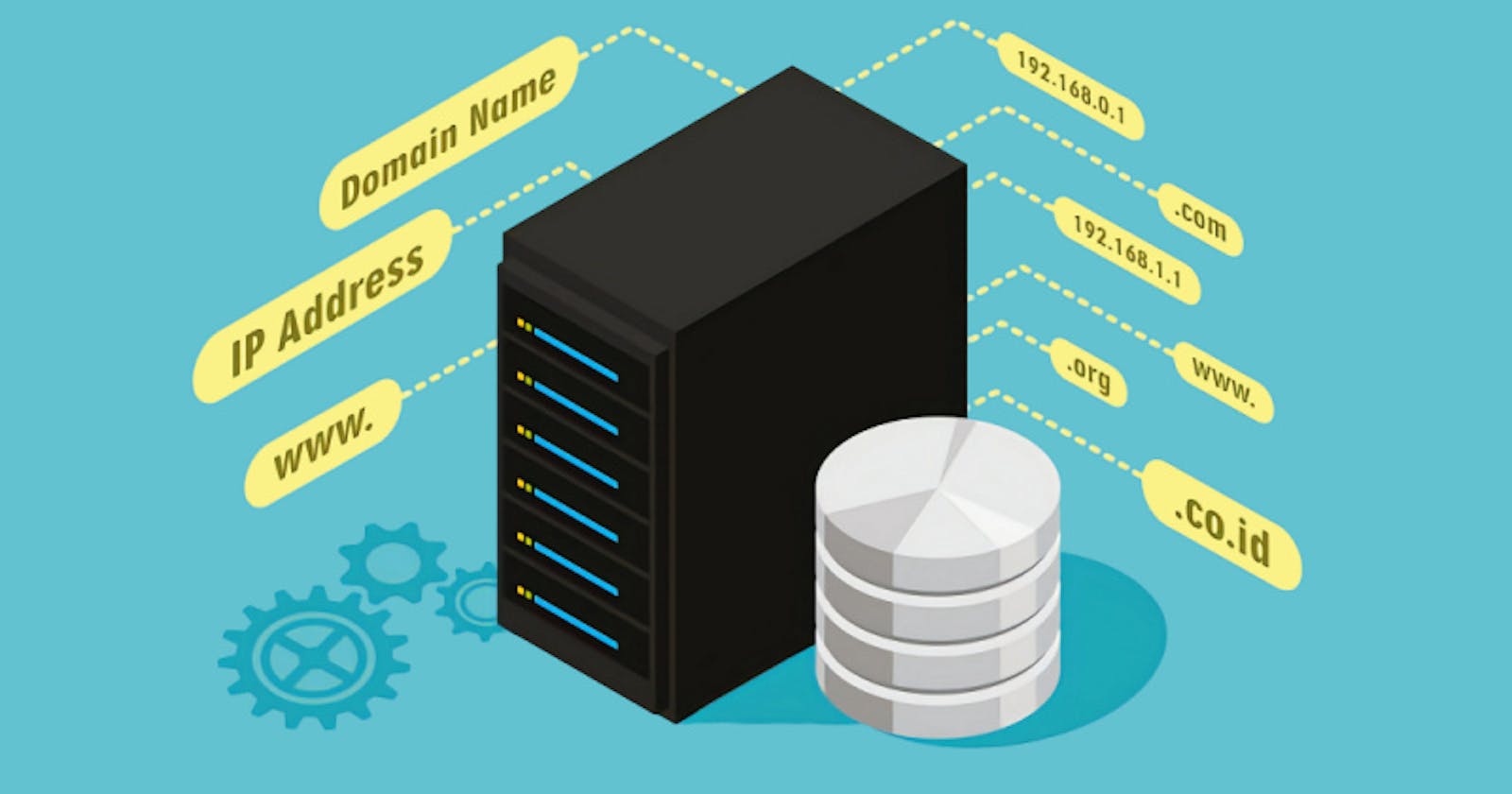Domain Name System Security Extensions (DNSSEC) is a security protocol designed to enhance the security of the Domain Name System (DNS). DNS is a critical part of the Internet infrastructure that translates human-readable domain names into IP addresses. DNSSEC aims to provide CIA: Confidentiality, Integrity, and Authenticity to DNS data and protect end-users from various types of DNS-based attacks, including cache poisoning, man-in-the-middle attacks, and DNS spoofing.
DNSSEC uses a public key infrastructure (PKI) to digitally sign DNS data and create a chain of trust from the root DNS servers to the end-user resolver. The PKI consists of three types of keys: zone signing keys (ZSKs), key signing keys (KSKs), and trust anchors. ZSKs are used to sign the DNS data within a zone, while KSKs are used to sign the ZSKs and create a chain of trust. Trust anchors are the public keys of the root DNS servers, which are pre-installed on the resolver.
The DNSSEC signing process starts with the Zone Administrator generating a ZSK and signing the DNS data with it. The ZSK is then signed by the KSK, which allows for the creation of a signature over the entire zone. The KSK is then signed by the trust anchor, thereby creating a "chain of trust" from the root DNS servers to the end-user resolver. When a resolver queries the DNS for a domain name, it receives the DNS data along with the signatures, and then the resolver verifies the signatures using the chain of trust to help ensure that the DNS data has not been tampered with.
DNSSEC provides several benefits to end-users and website owners.
- It enhances the authenticity and integrity of the DNS data, making it more difficult for attackers to spoof DNS responses.
It provides confidentiality to the DNS data, preventing attackers from eavesdropping on DNS queries and responses.
Likewise, it provides a mechanism for website owners to validate their domain name ownership and prevent domain hijacking.
However, DNSSEC also has some limitations.
It requires the entire DNS hierarchy to be signed, which can be a complex and time-consuming process.
It increases the size of DNS responses, which can lead to slower response times and potential fragmentation issues.
Furthermore, it does not provide end-to-end encryption, which means that attackers can still intercept and modify the DNS traffic between the resolver and the server.
In sum: DNSSEC is a critical security protocol that enhances the security of the DNS and protects end-users from various types of DNS-based attacks. By utilizing PKI to sign DNS data, it helps forge a "chain of trust" from the root DNS servers to the end-user resolver. DNSSEC does have some limitations, however the benefits outweigh the drawbacks. This makes DNSSEC an essential security mechanism that should be implemented by all website owners and service providers.

